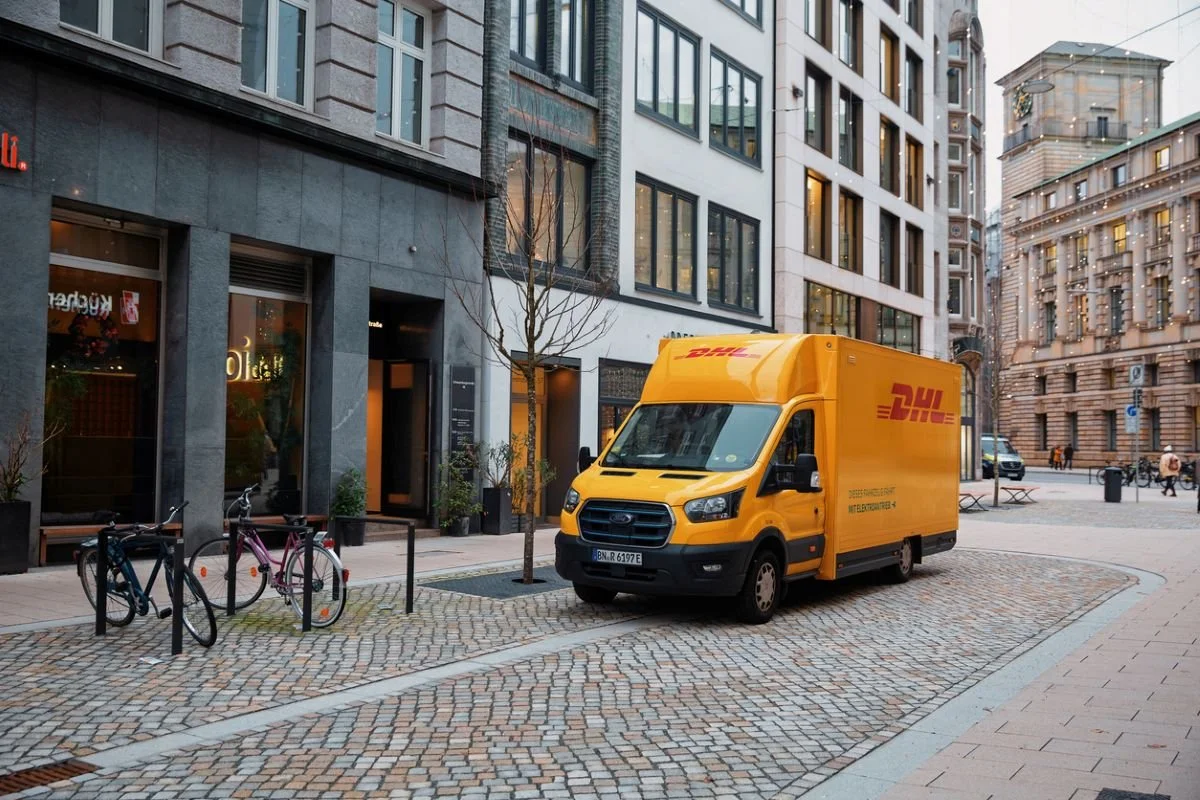Is DHL Reliable?
A DHL Van parked on a Cobblestoned street, somewhere in Germany
Not Just Boxes on Vans — More Like a Global Watchmaker
Let’s start here: DHL doesn’t simply ship things. It manages momentum.
If you think about it, most couriers move parcels, but DHL moves schedules. There’s something oddly poetic about the way they operate, like a clockmaker keeping time across oceans and airspace. From warehouse to runway to a doorbell in Singapore, it all moves to a rhythm you don’t see, but definitely feel when it works.
And yes, it usually does.
The Reputation Behind the Yellow and Red
DHL’s name carries weight in logistics circles. Not because they shout about it, but because they’ve spent decades turning chaotic global movement into a system that mostly just... works.
They’re in more than 220 countries. They have dedicated customs brokers. They’ve built entire airport hubs just to move things faster. It’s not marketing fluff, it’s infrastructure.
While nobody’s perfect, if your delivery has a deadline, or your customer is on a different continent, DHL is one of the few courier brands people trust with that kind of pressure.
When Reliability Matters Most
If you’re sending a box of socks to your cousin, it probably doesn’t matter who handles it.
But what if it’s original artwork?
Medical samples?
A time-sensitive business contract?
In these cases, the difference between delivered and delayed matters. DHL’s systems are built for those moments.
They scan more, they notify better, and they don’t hide problems behind vague status updates. Even if something goes wrong (as it can with any courier), they tend to let you know, and more importantly, help fix it.
The Trade-Off: Price for Peace of Mind
Here’s the thing, DHL isn't always the cheapest option. But you’re not just paying for a shipping label. You’re buying competence. You’re paying for fewer grey hairs and angry client calls. For a lot of businesses, that’s worth the extra couple of quid.
Through World Options, businesses gain access to discounted DHL rates without sacrificing service quality. Leveraging long-standing global partnerships and collective shipping volume, World Options is able to pass on reduced pricing, typically reserved for high-volume corporate contracts to individual SMEs and online sellers.
-
Yes, and not in a “well, they’re big so they must be good” kind of way. They actually are good.
With decades of experience and presence in more than 220 countries, they’ve built systems that can handle complexity without making it your problem. -
Better than most. It gives you real-time updates at every meaningful checkpoint, not just “left facility” and “delivered.”
You’ll see when it hits customs, clears customs, and boards the van. It’s almost excessive, which, honestly, is what you want when something important is in transit. -
Because they don’t cut corners. The slightly higher cost gets you access to faster lanes through customs, dedicated infrastructure, and human-level support that actually helps.
It’s the difference between budget and business-class, you get where you're going either way, but the experience isn’t the same.


